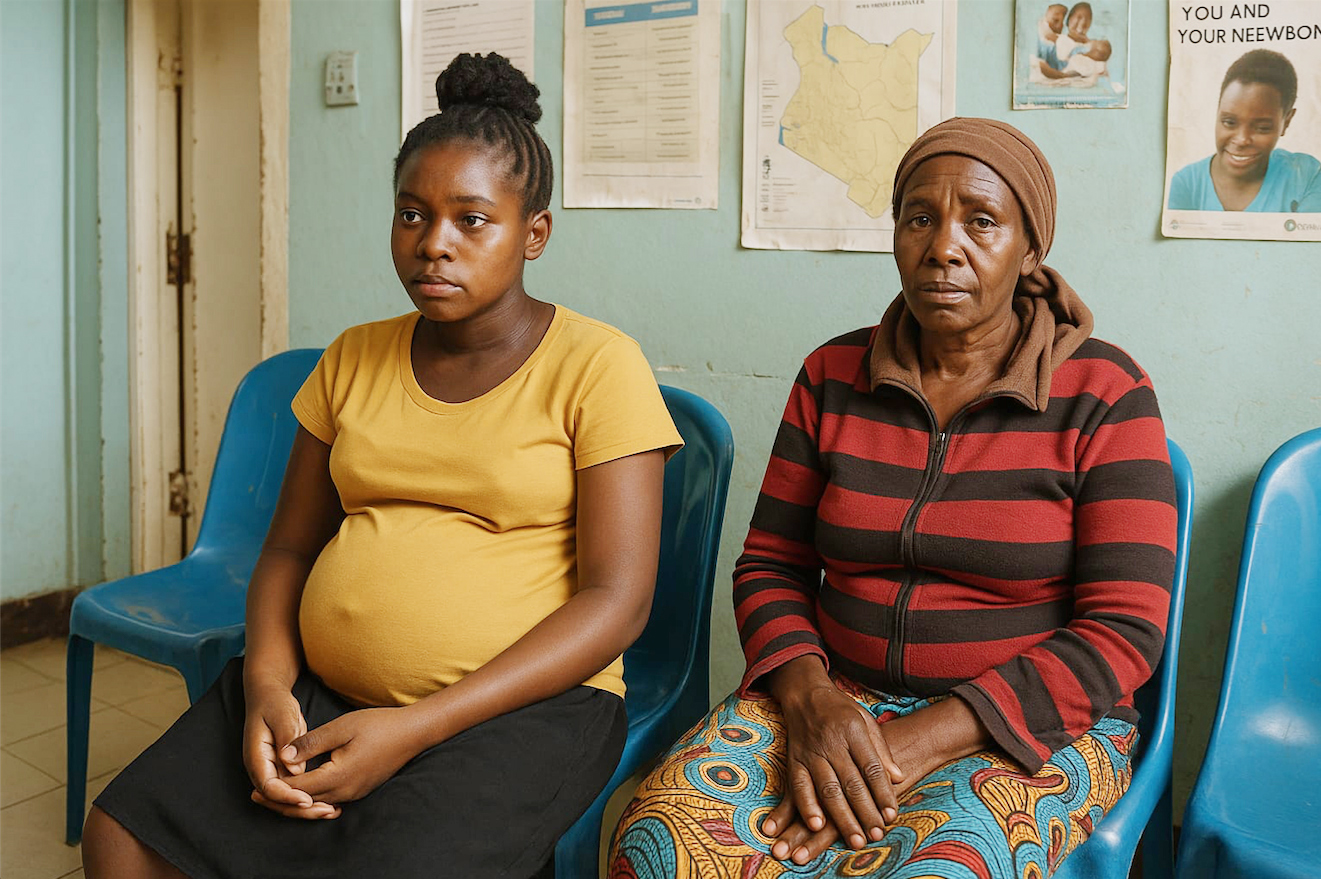

Kenya’s reproductive health policies are failing its young people. Requiring parental consent for adolescents to access contraception may seem protective, but in reality, it is dangerous.
The recent report by Kelin highlights how these rigid rules are pushing young people—especially girls—into silence, and often, into unintended pregnancies and the risk of HIV.
First, many adolescents are already sexually active, as data from the Kenya Demographic and Health Survey clearly shows. But when they seek help, they are turned away for lacking parental approval. That silence can lead to a pregnancy. About 15 per cent of teenage girls aged 15–19 in Kenya have already been pregnant.
Second, these policies ignore the realities of young people’s lives. Not all teens can safely talk to their parents about sex or contraception. For some, doing so might risk violence or stigma.
Third, consent requirements worsen inequality. Vulnerable groups, including adolescents with disability and key populations facing stigma, are further excluded from essential health services. This is not protection; it’s abandonment.
If we truly want to lower teen pregnancies, prevent HIV and protect adolescent lives, we must trust young people with their own health decisions. Eliminating mandatory parental consent and expanding access to youth-friendly reproductive care is not just a legal reform—it’s a moral one.
Quote of the day: “Freedom is the recognition of necessity.” —German social philosopher and revolutionary socialist Friedrich Engels died on August 5, 1895.












